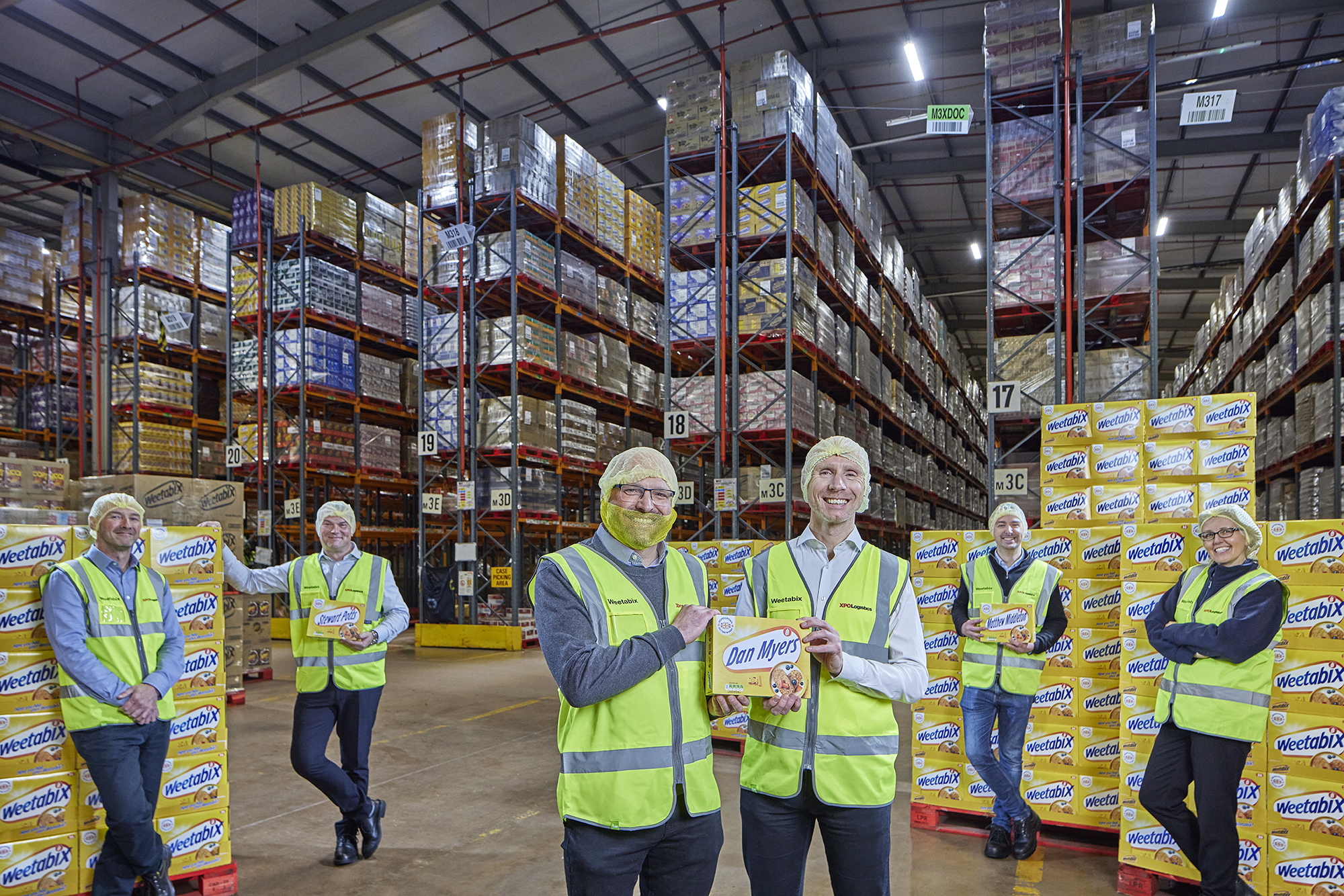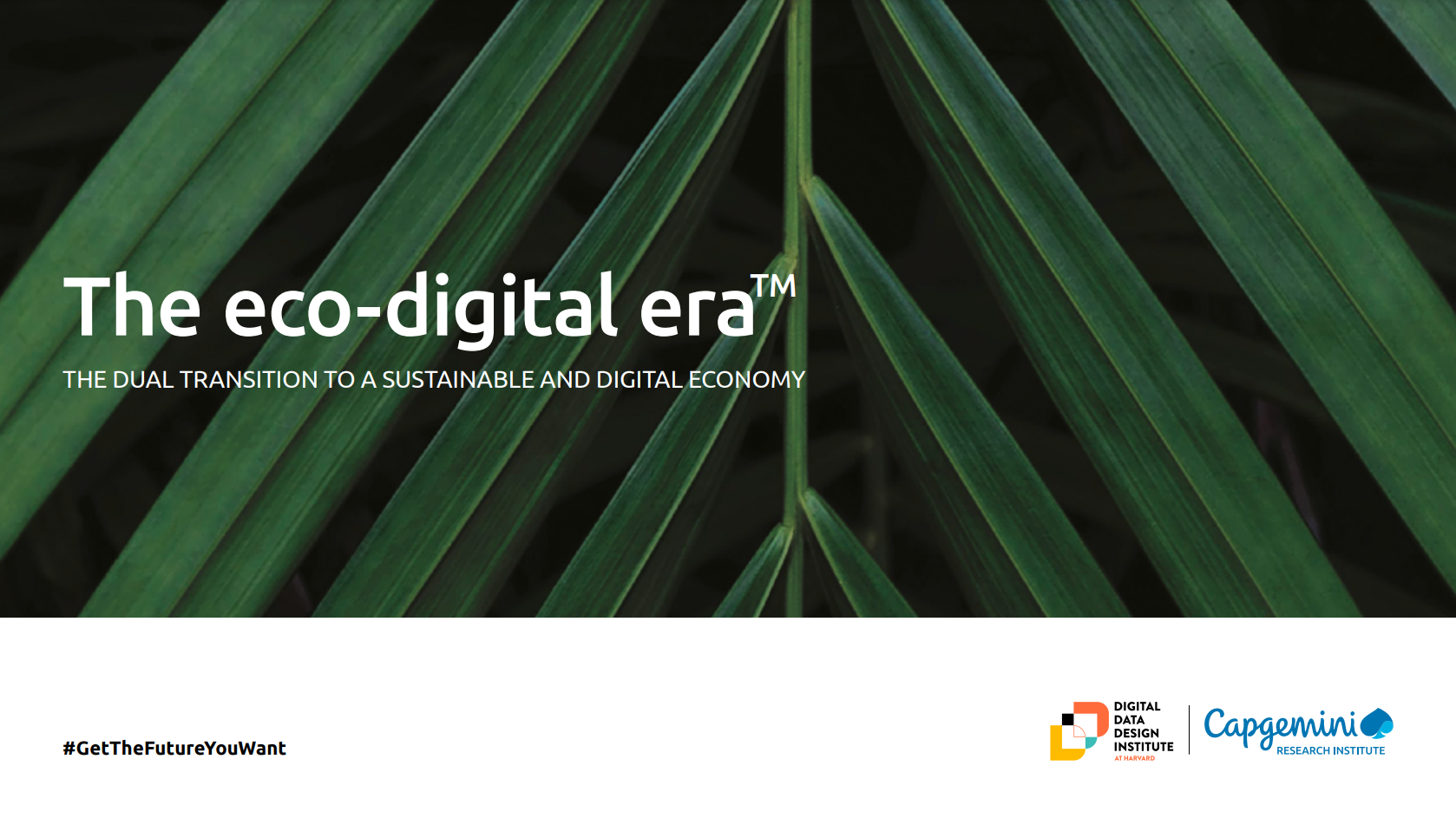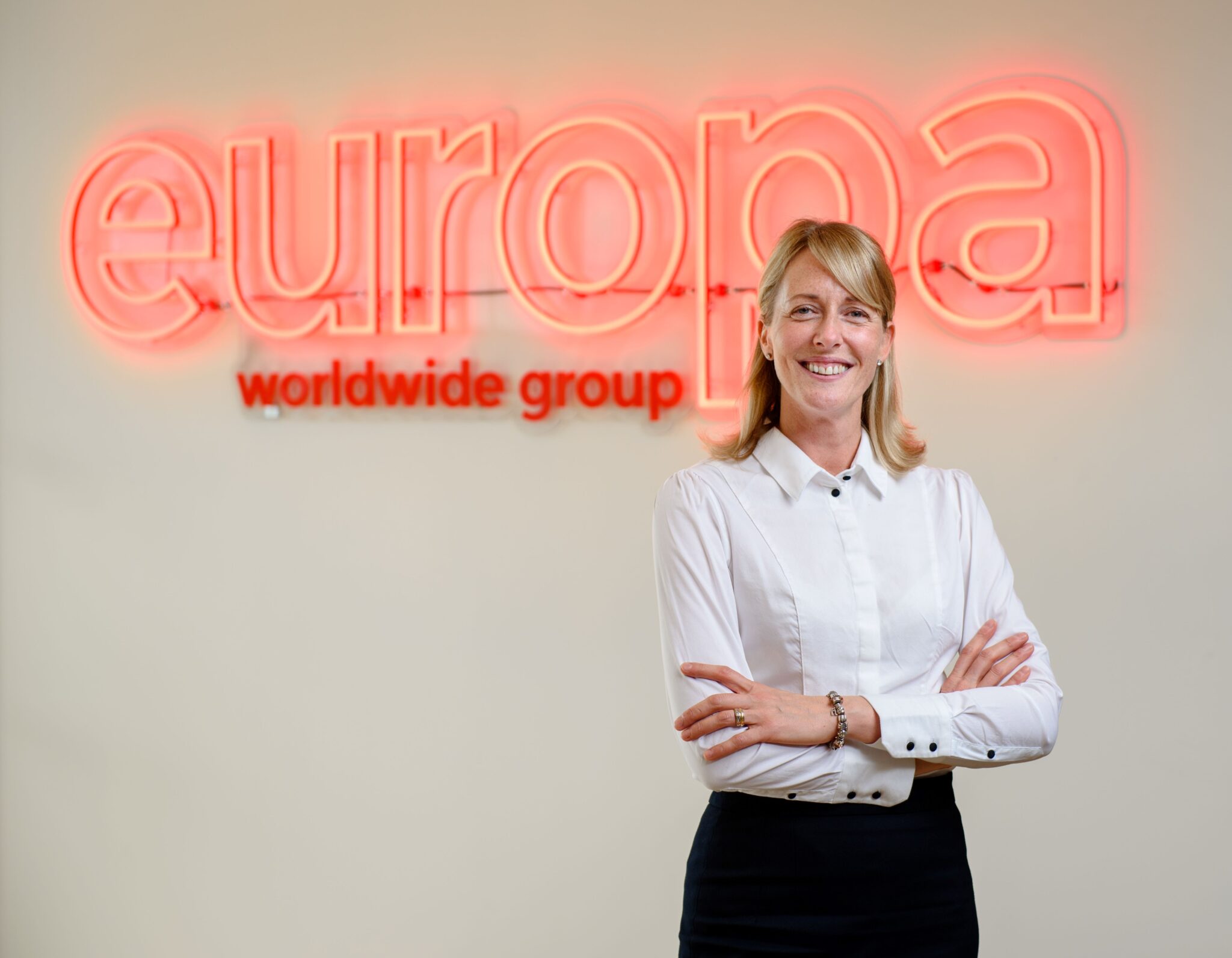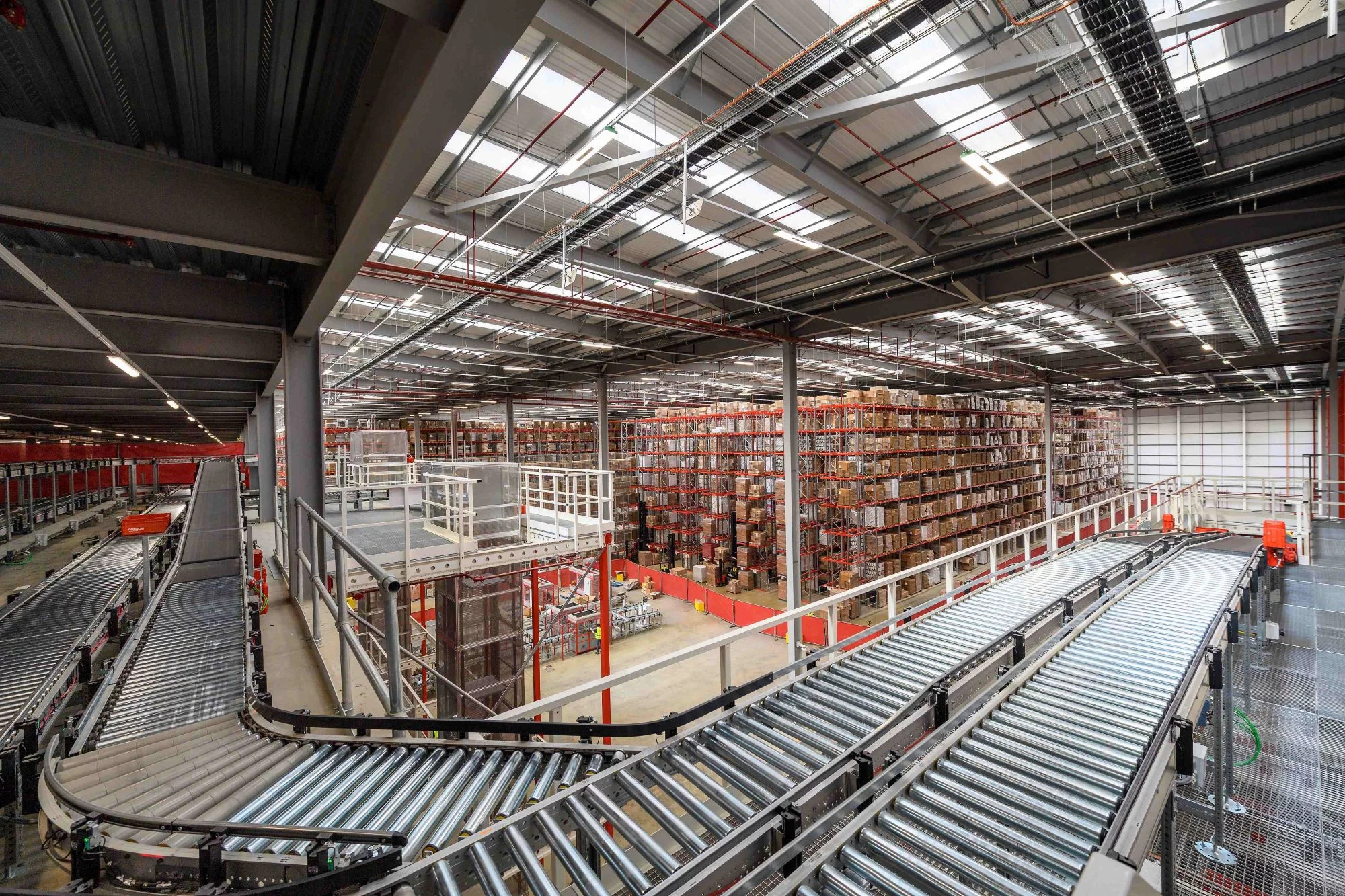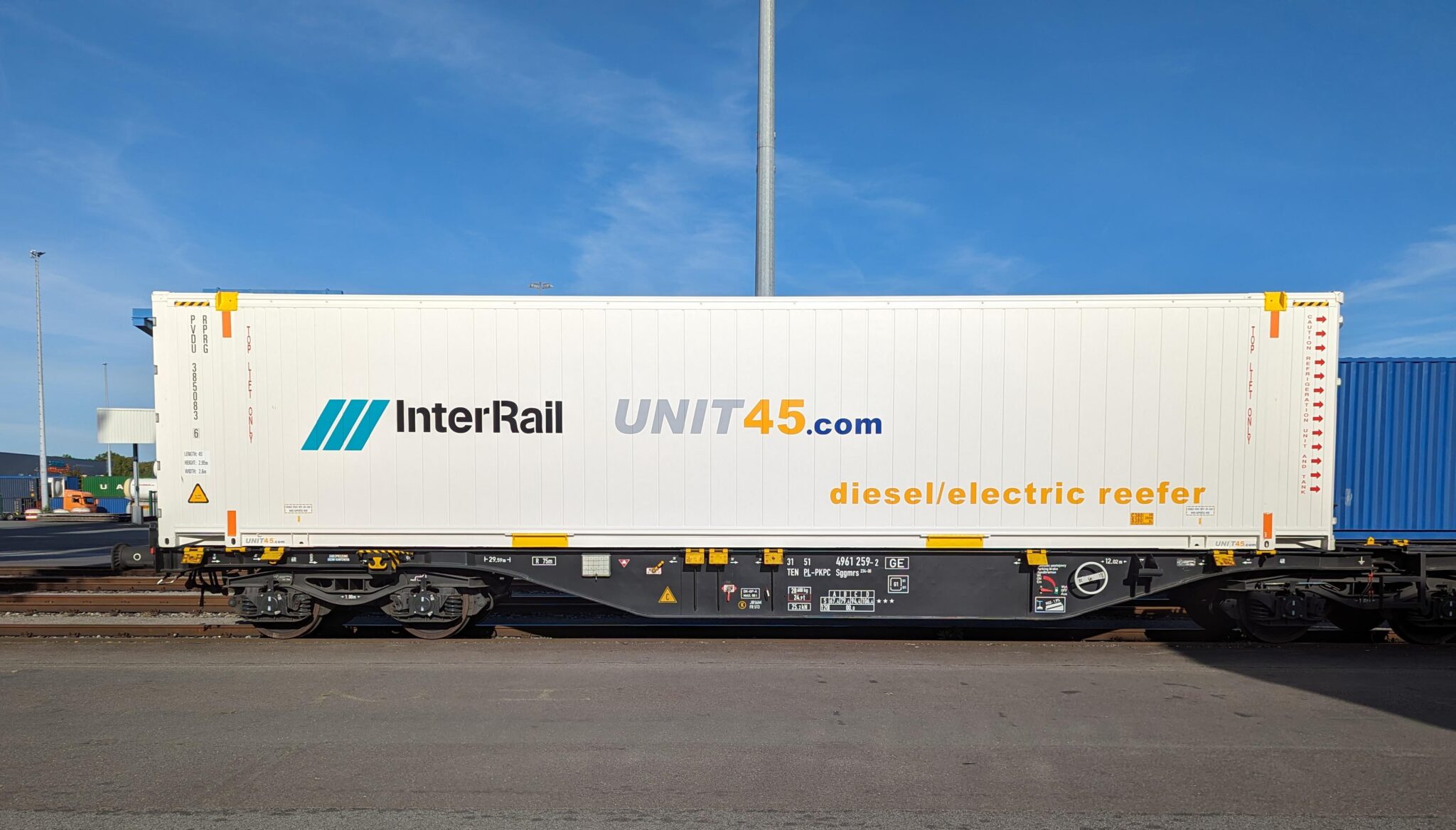CMC Packaging Automation, a leading supplier of fully automated right-sized packaging solutions that is proud partner of KKR’s Global Impact team and backed by Amazon’s Climate Pledge Fund, hosted the 11th edition of its highly anticipated CMC Innovation Day (CID24) at the Italian headquarters in Città di Castello. Attended by 150 industry leaders representing the eCommerce and logistics sectors, CID24 has become a pivotal event, unveiling cutting-edge technologies designed to enhance efficiency, return on investment and sustainability.
CID24 is a gathering of minds where industry players share their visions, insights into market dynamics, and best practices. This year’s edition stood out, addressing automation challenges and environmental concerns and the impact of eCommerce shipments on the planet. It emphasized the need for collective action to reduce emissions and improve packaging sustainability.
Focusing on the crucial role of corrugated materials, leading Federation FEFCO highlighted the ongoing review of the new European PPWR (Packaging & Packaging Waste Regulation). The event featured an engaging discussion on the vital role of automation, attended by key retailers ORWO net, Avantor, and GXO, the world’s largest pure-play contract logistics provider.
In a groundbreaking move, CMC unveiled four new technologies and introduced the revolutionary concept of Packtomation. This innovative approach combines right-sized packaging with smart technology, automating the entire fulfillment process from inbound to outbound. The showcased technologies include the new CartonWrap Duo, a machine capable to pack items in right-sized boxes or corrugated envelopes on demand, CMC Genesys Combo that streamlines single and multi-line orders automatically and without pre-consolidation, the Wave Line, a new input channel for packaging machines that couples corrugated just-in- time and CMC Nexus, the all-in-one HRC system.
Francesco Ponti, CEO of CMC Packaging Automation, said: “The company reaffirmed its commitment to designing integrated solutions to stay ahead of the times, supporting clients in a highly competitive landscape. CMC aims to become the sole supplier for its clients, delivering customized solutions adaptable in both greenfield and brownfield environments.”
CMC Packtomation concept promises a significant leap forward in the world of eCommerce logistics. The solutions presented at CID24 will be featured at upcoming industry events, including MODEX in Atlanta and LogiMAT in Stuttgart.
Luigi Russo, CMC General Manager commented “These trade shows provide ideal platforms for in-depth discussions on the applications of our innovations and fostering collaboration with fellow industry players. Through these interactions, we aim to strengthen partnerships and maximize the benefits derived from our cutting-edge technology.”
CMC’s dedication to innovation underscores its leadership position, offering solutions that align with global sustainability goals while ensuring operational excellence for its clients.




